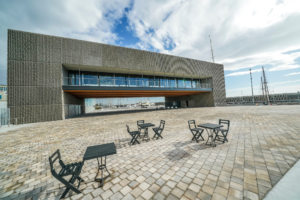
Marina Vela Barcelona and Port of Barcelona inaugurate the new Mirador building and the Rambla del Rompeola (Escullera)
Both infrastructures are destined, by their location and design, to
This has been the case in all the interviews that have been done in this section. Initially we look for the character because of their recognised professional prestige and we end up discovering people who are close to us, simple, proud of their origins, their friends and family.
Anna, with no family tradition, an actress by vocation and, I am told, even by obsession.
All children are obsessive about what catches their attention, like watching films on a loop, and I think we’ve all been there. But for me, more than the plot, I think what attracted me more were some of the characters in these films.
And from then on maximum support at home. Even influencing your sister.
At home I think they were a bit behind my objectives, they let me do what I wanted, but they were always on top supervising. My sister is different, I don’t think I’ve influenced her much, she has music inside her, as a matter of course.

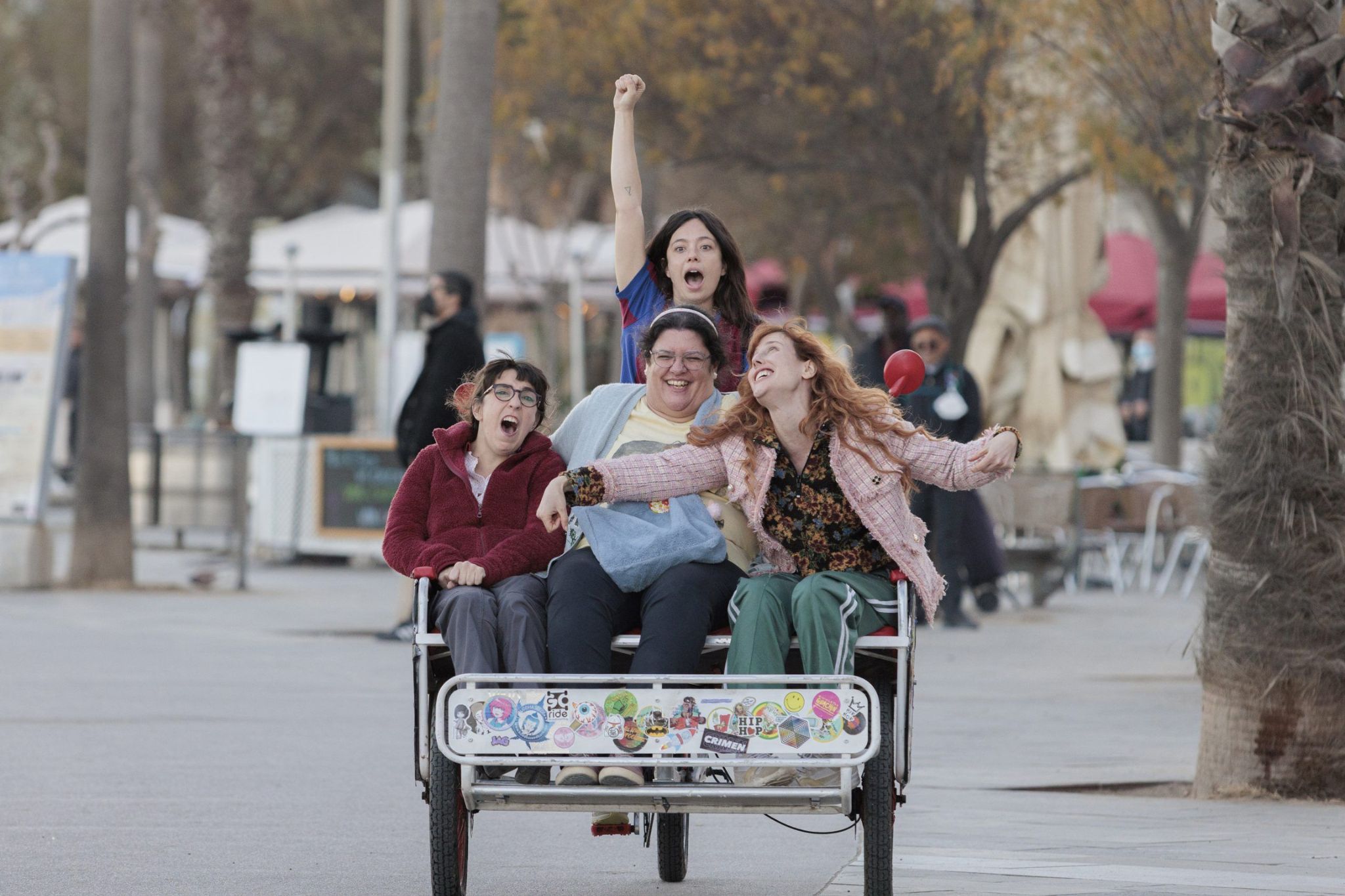
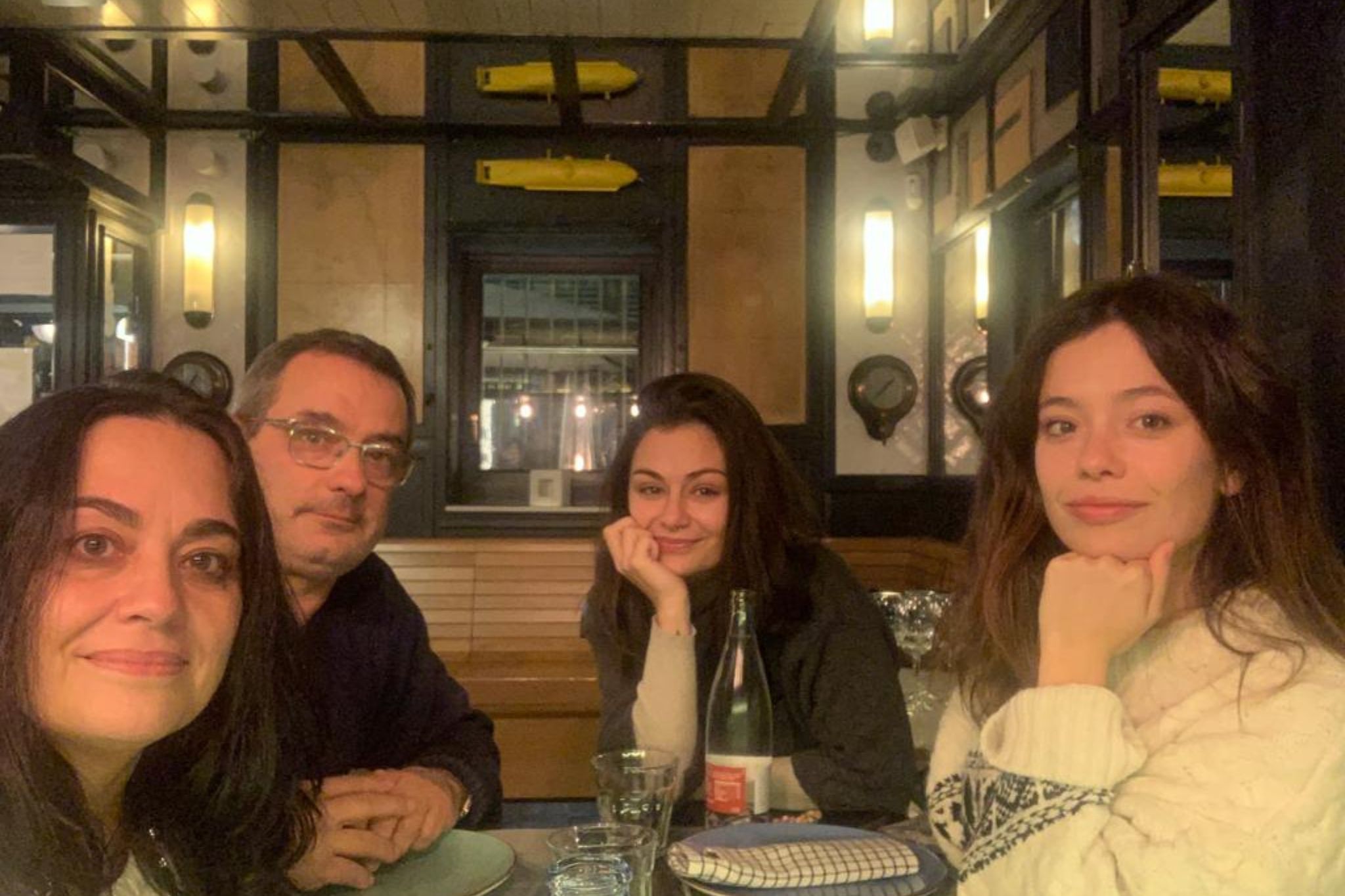
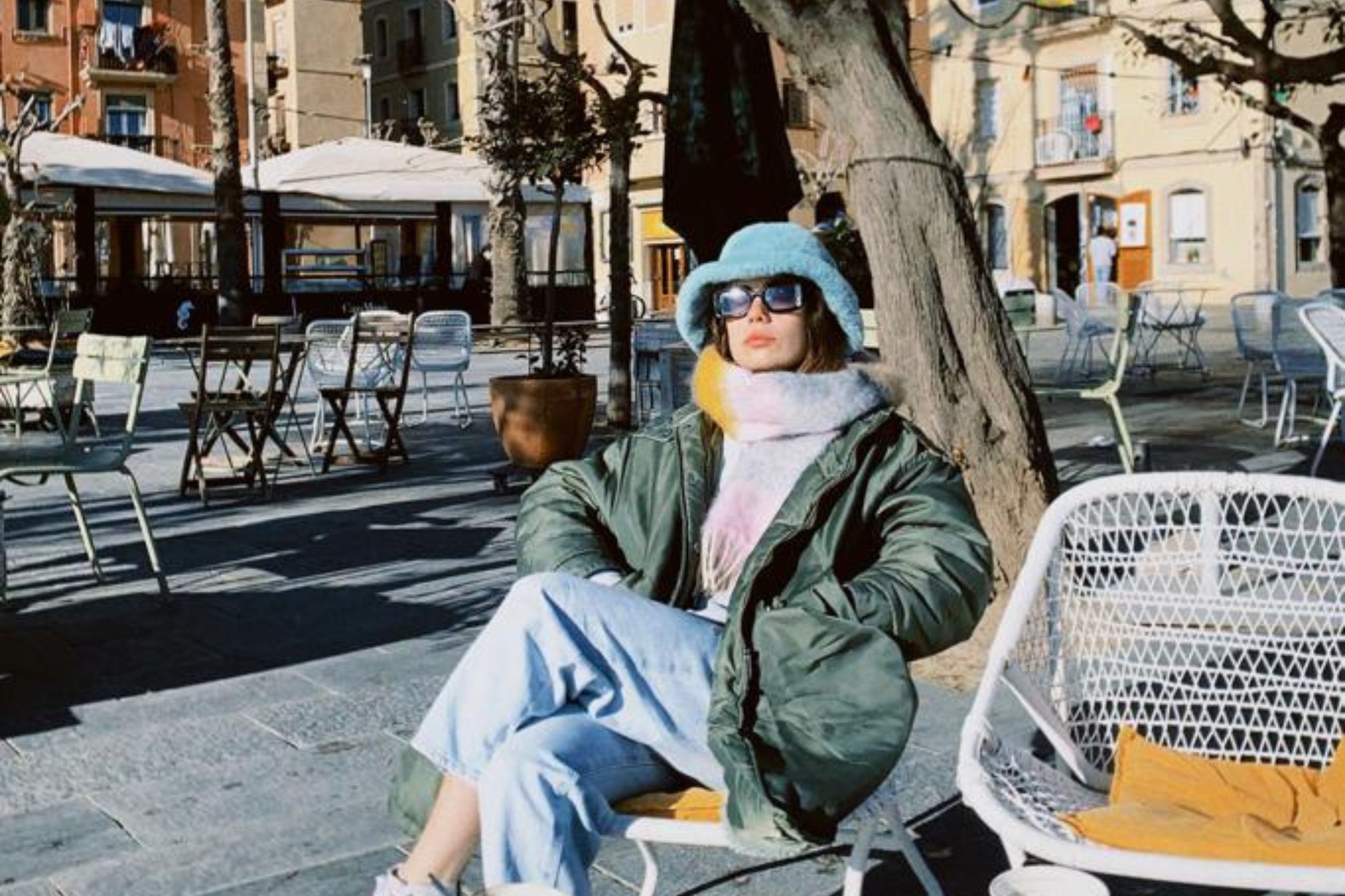
You may also be interested in

Both infrastructures are destined, by their location and design, to

Background Throughout its history, Barceloneta has always been very active
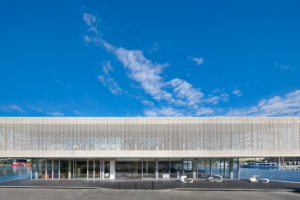
Celebrating Christmas is one of Marina Puerto Viejo’s most cherished
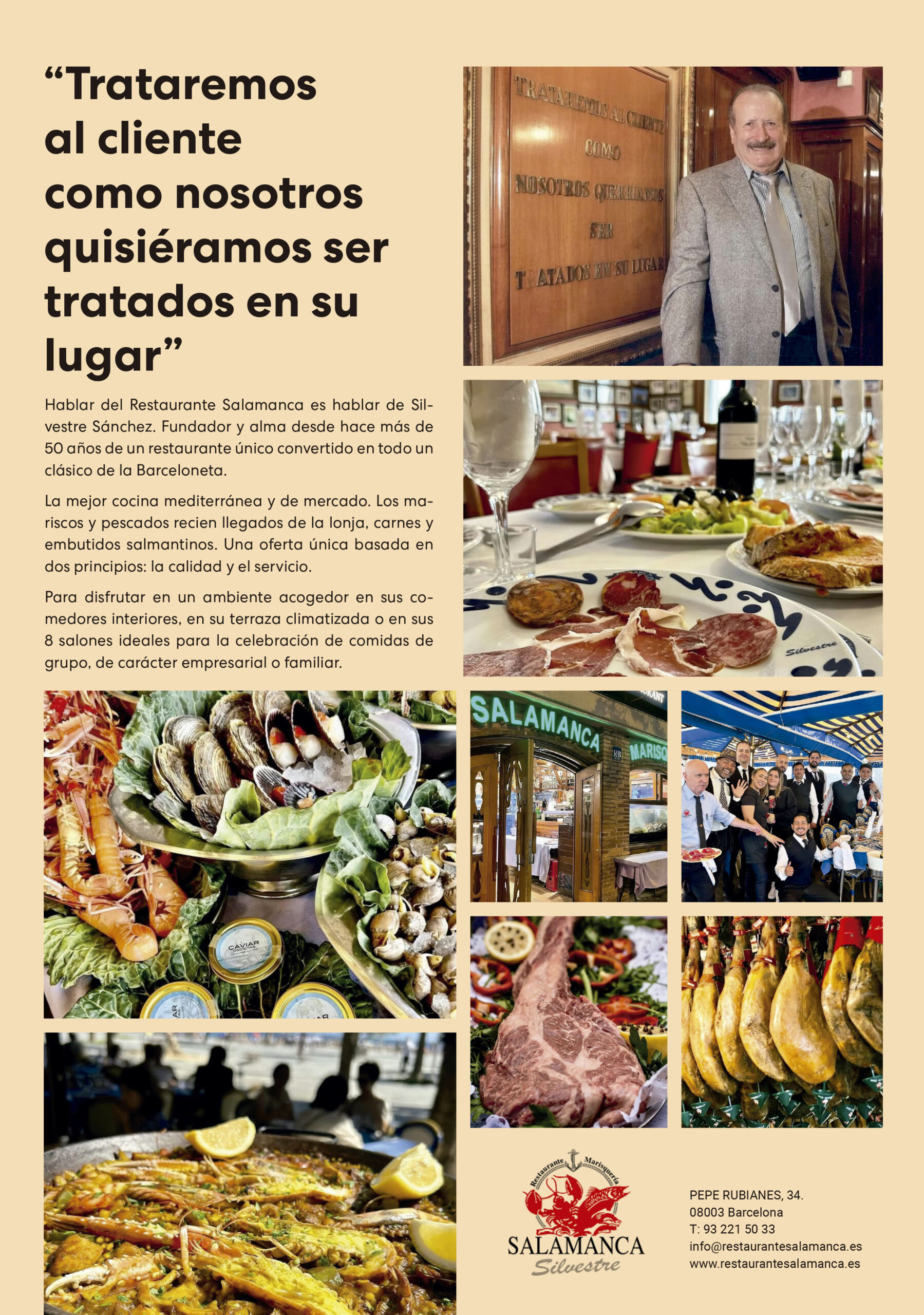

More articles
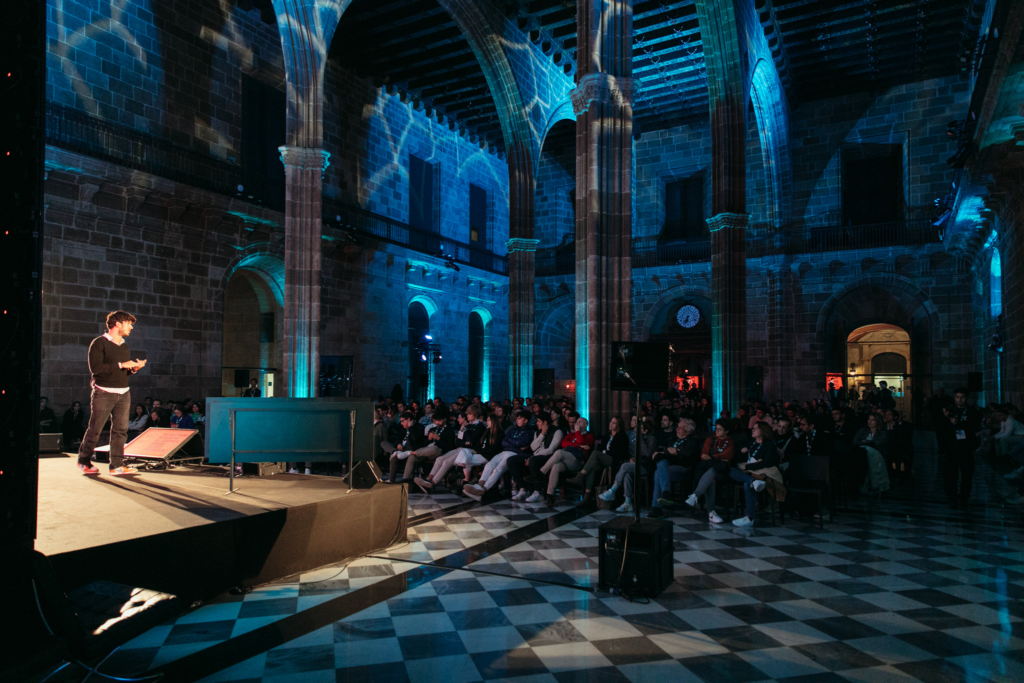
The 4th edition of the benchmark event for the technology community took place on 12
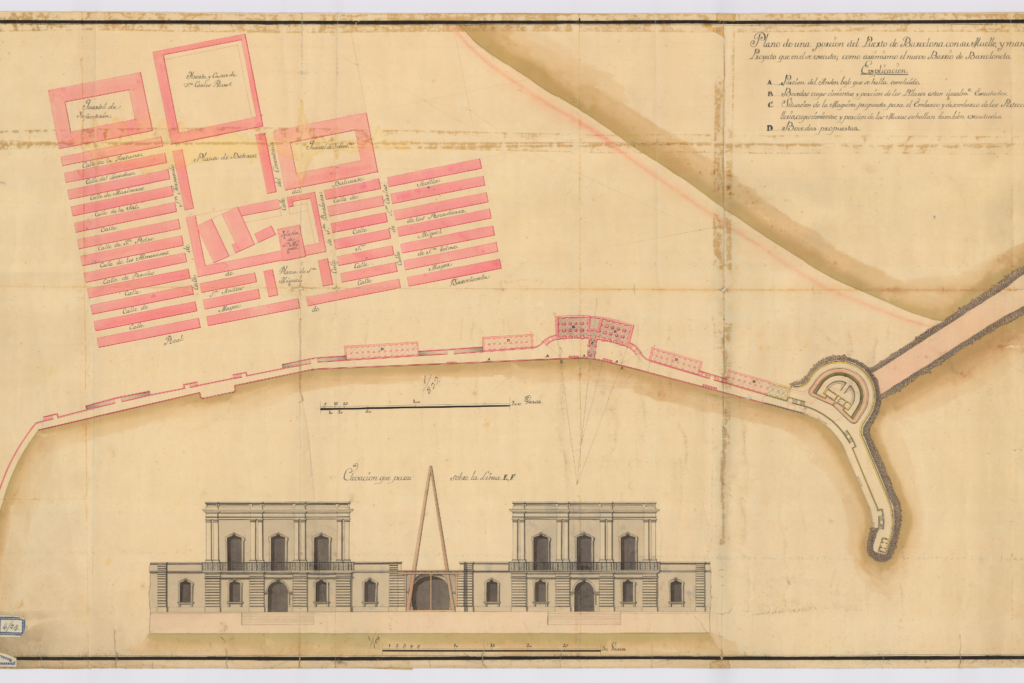
Next to a rubbish bin I’m going to find a very old Gladiator suitcase and
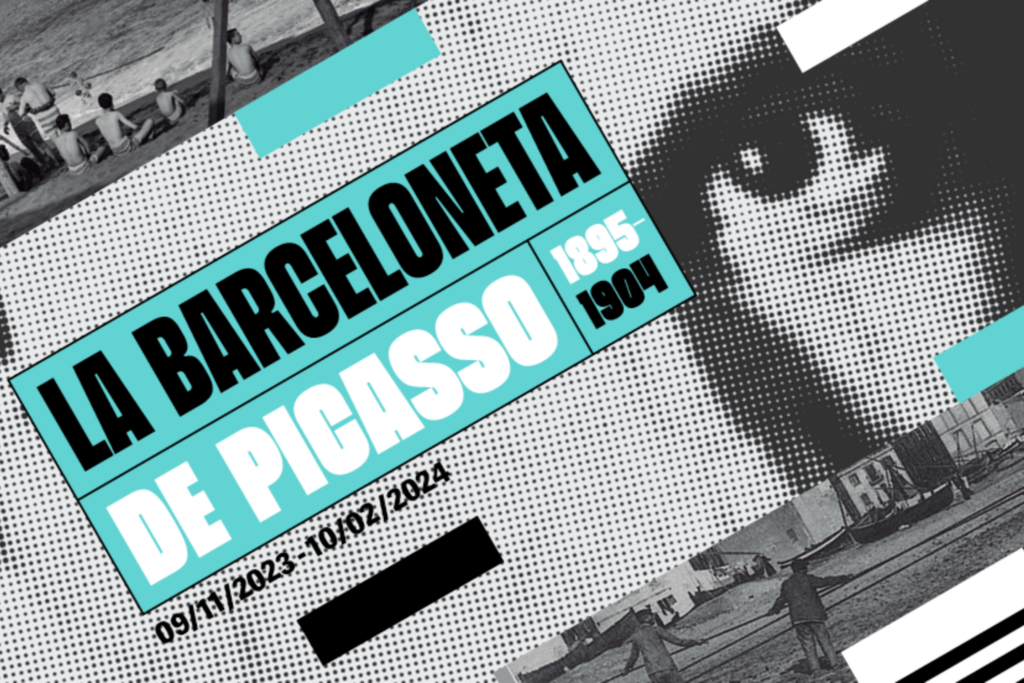
From 9 November to 10 February 2024. On the occasion of the celebration of the
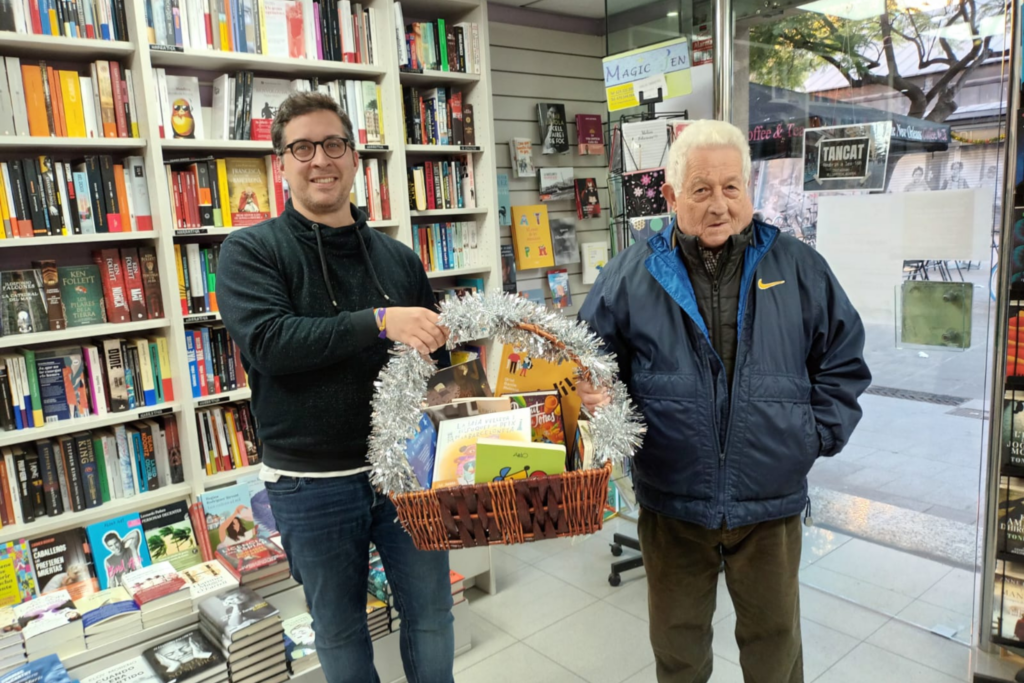
The basket of “La Garba”, raffle on the 5th of January at 12h. Days of
| Cookie | Duration | Description |
|---|---|---|
| _ga | 2 years | The _ga cookie, installed by Google Analytics, calculates visitor, session and campaign data and also keeps track of site usage for the site's analytics report. The cookie stores information anonymously and assigns a randomly generated number to recognize unique visitors. |
| _ga_2DMP7XMBDL | 2 years | This cookie is installed by Google Analytics. |
| Cookie | Duration | Description |
|---|---|---|
| pll_language | 1 year | The pll _language cookie is used by Polylang to remember the language selected by the user when returning to the website, and also to get the language information when not available in another way. |
| Cookie | Duration | Description |
|---|---|---|
| cookielawinfo-checkbox-advertisement | 1 year | Set by the GDPR Cookie Consent plugin, this cookie is used to record the user consent for the cookies in the "Advertisement" category . |
| cookielawinfo-checkbox-analytics | 1 year | Set by the GDPR Cookie Consent plugin, this cookie is used to record the user consent for the cookies in the "Analytics" category . |
| cookielawinfo-checkbox-functional | 1 year | The cookie is set by the GDPR Cookie Consent plugin to record the user consent for the cookies in the category "Functional". |
| cookielawinfo-checkbox-necessary | 1 year | Set by the GDPR Cookie Consent plugin, this cookie is used to record the user consent for the cookies in the "Necessary" category . |
| cookielawinfo-checkbox-others | 1 year | Set by the GDPR Cookie Consent plugin, this cookie is used to store the user consent for cookies in the category "Others". |
| cookielawinfo-checkbox-performance | 1 year | Set by the GDPR Cookie Consent plugin, this cookie is used to store the user consent for cookies in the category "Performance". |
| CookieLawInfoConsent | 1 year | Records the default button state of the corresponding category & the status of CCPA. It works only in coordination with the primary cookie. |
| elementor | never | This cookie is used by the website's WordPress theme. It allows the website owner to implement or change the website's content in real-time. |